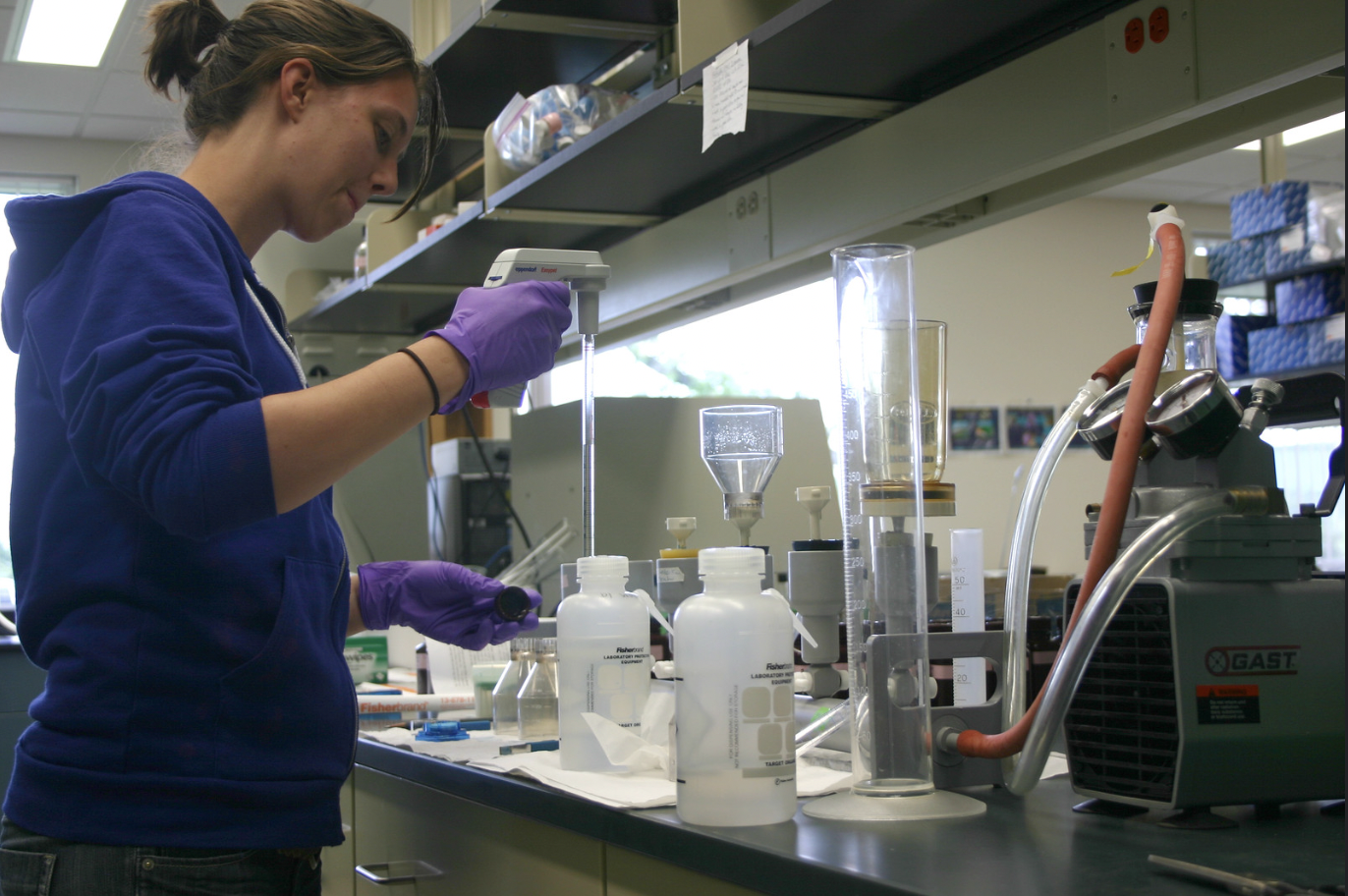Researchers analysed thousands of laboratory-made plasmids and discovered that nearly half of them had defects, raising questions of experimental reproducibility.
Aggregated News

Image by NOAA Great Lakes Environmental Research from Flickr
Laboratory-made plasmids, a workhorse of modern biology, have problems. Researchers performed a systematic assessment of the circular DNA structures by analysing more than 2,500 plasmids produced in labs and sent to a company that provides services such as packaging the structures inside viruses so they can be used as gene therapies. The team found that nearly half of the plasmids had design flaws, including errors in sequences crucial to expressing a therapeutic gene. The researchers posted their findings to the preprint server bioRxiv last month ahead of peer review1.
The study shines a light on “a lack of knowledge” about how to do proper quality control on plasmids in the lab, says Hiroyuki Nakai, a geneticist at Oregon Health & Science University in Portland who was not involved in the work. He was already aware of problems with lab-made plasmids, but was surprised by the frequency of errors...



